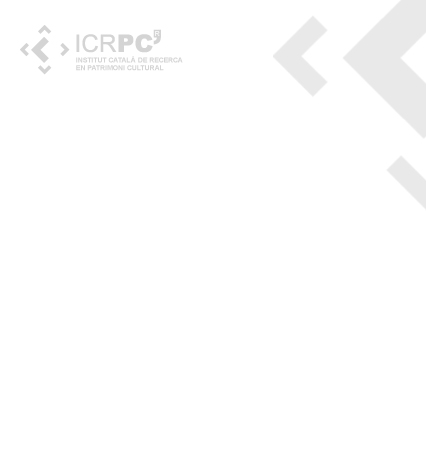
Publication: World Heritage on the Ground. Ethnographic Perspectives
World Heritage on the Ground. Ethnographic Perspectives
Edited by Christoph Brumann and David Berliner
Berghahn Books
The UNESCO World Heritage Convention of 1972 set the contemporary standard for cultural and natural conservation. Today, a place on the World Heritage List is much sought after for tourism promotion, development funding, and national prestige. Presenting case studies from across the globe, particularly from Africa and Asia, anthropologists with situated expertise in specific World Heritage sites explore the consequences of the World Heritage framework and the global spread of the UNESCO heritage regime. This book shows how local and national circumstances interact with the global institutional framework in complex and unexpected ways. Often, the communities around World Heritage sites are constrained by these heritage regimes rather than empowered by them.
Christoph Brumann is Head of the Urban Anthropology Research Group at the Max Planck Institute for Social Anthropology in Halle, Germany, and Honorary Professor of Anthropology at Martin Luther University Halle-Wittenberg.
David Berliner is Associate Professor of Anthropology at the Université libre de Bruxelles, Belgium
Contents
List of Illustrations
Introduction: UNESCO World Heritage – Grounded?
Christoph Brumann and David Berliner
PART I: CITIES
Chapter 1. Affects and Senses in a World Heritage Site: People–House Relations in the Medina of Fez
Manon Istasse
Chapter 2. 'UNESCO is What?' World Heritage, Militant Islam and the Search for a Common Humanity in Mali
Charlotte Joy
Chapter 3. Heritage-making in Lijiang: Governance, Reconstruction and Local Naxi Life
Yujie Zhu
Chapter 4. Multiple Nostalgias: The Fabric of Heritage in Luang Prabang (Lao PDR)
David Berliner
PART II: ARCHAEOLOGICAL SITES
Chapter 5. Thinking Globally and Acting Locally in the Angkor World Heritage Site
Keiko Miura
Chapter 6. One List, a World of Difference? The Dynamics of Global Heritage at Two Neighbouring Properties
Noel B. Salazar
Chapter 7. Civilization and the Transformation of Xiaotun Village at Yin Xu Archaeological Site, China
Shu-Li Wang
Chapter 8. The Business of Wonder: Public Meets Private at the World Heritage Site of Chichén Itzá
Lisa Breglia
PART III: CULTURAL LANDSCAPES
Chapter 9. Decolonizing the Site: The Problems and Pragmatics of World Heritage in Italy, Libya and Tanzania
Jasper Chalcraft
Chapter 10. The Values of Exchange and the Issue of Control: Living with (World) Heritage in Osogbo, Nigeria
Peter Probst
Chapter 11. Mapungubwe Cultural Landscape: Extractive Economies and Endangerment on South Africa's Borders
Lynn Meskell
CODA
Conclusion: Imagining the Ground from Afar: Why the Sites are so Remote in World Heritage Committee Sessions
Christoph Brumann


